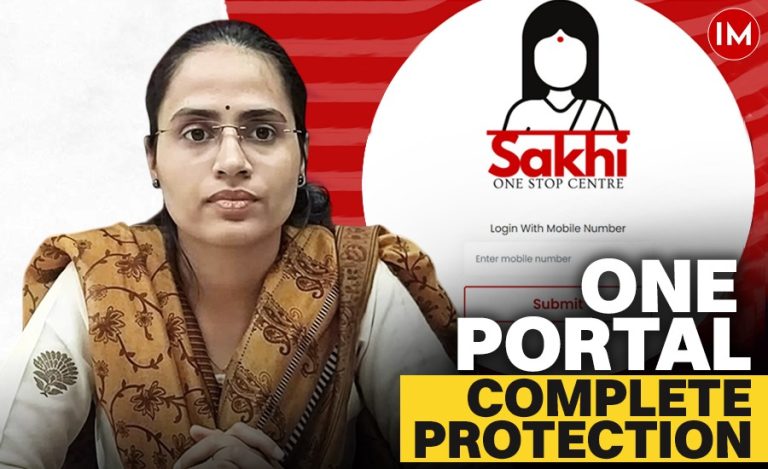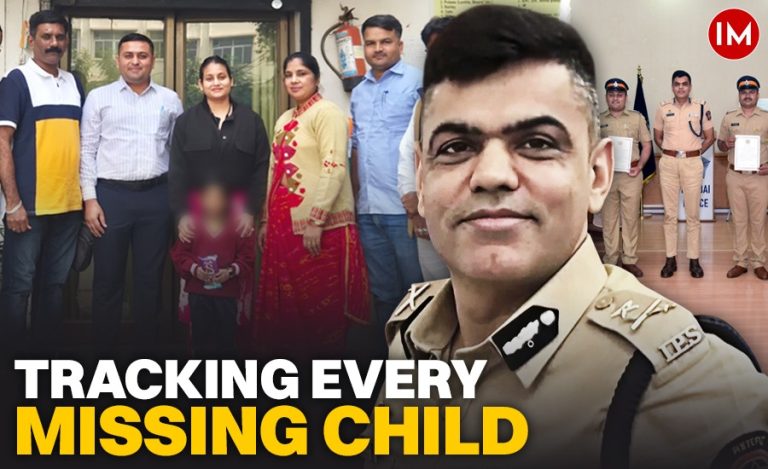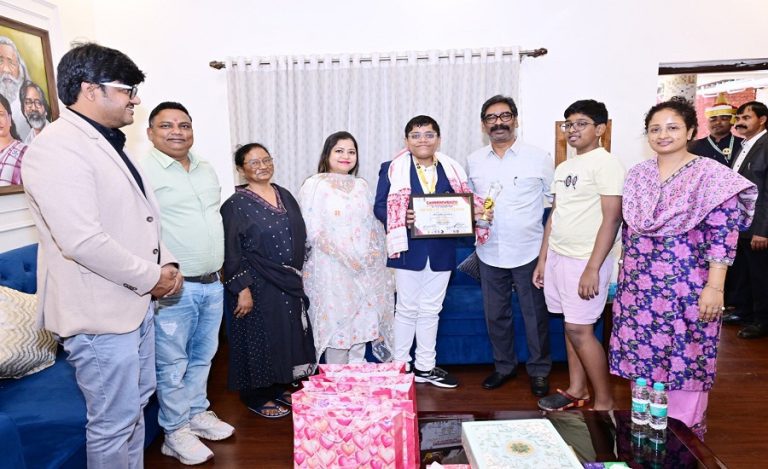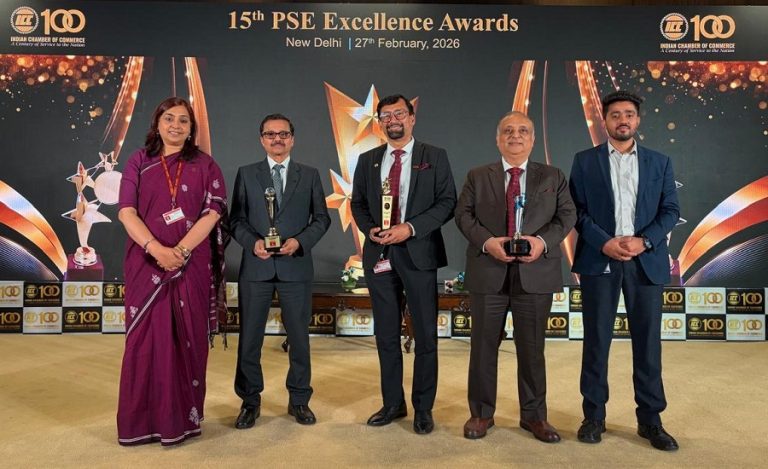Anurag Srivastava still fondly remembers the moment when destiny smiled upon him. Getting into the coveted Indian Administrative Service (IAS) took him from being an ordinary student to a “small-time celeb,” as he describes it. But, after 16 years of serving the nation as an IAS officer, he heard a familiar voice within him whispering, “it is time to move on”. He is the latest edition to the list of officers, who have quit their prestigious civil services job for their calling elsewhere. But why this IAS officer chose a new path?
Speaking with Indian Masterminds, Ex-IAS officer Anurag Srivastav, who is now working as a Partner with PwC, shared his journey and the reason behind leaving the coveted IAS, and much more.
FROM GOVERNMENT TO PRIVATE SECTOR
Mr. Srivastava’s story resonates with the modern trend of transitioning careers, particularly amongst individuals who have seemingly “arrived” in their chosen fields. He attributes this shift to the evolving nature of the world – “complex and nuanced,” demanding continual reinvention and exploration. He observes that even within the IAS, a similar phenomenon exists, with individuals venturing into different areas, driven by the desire for novelty and fresh experiences.
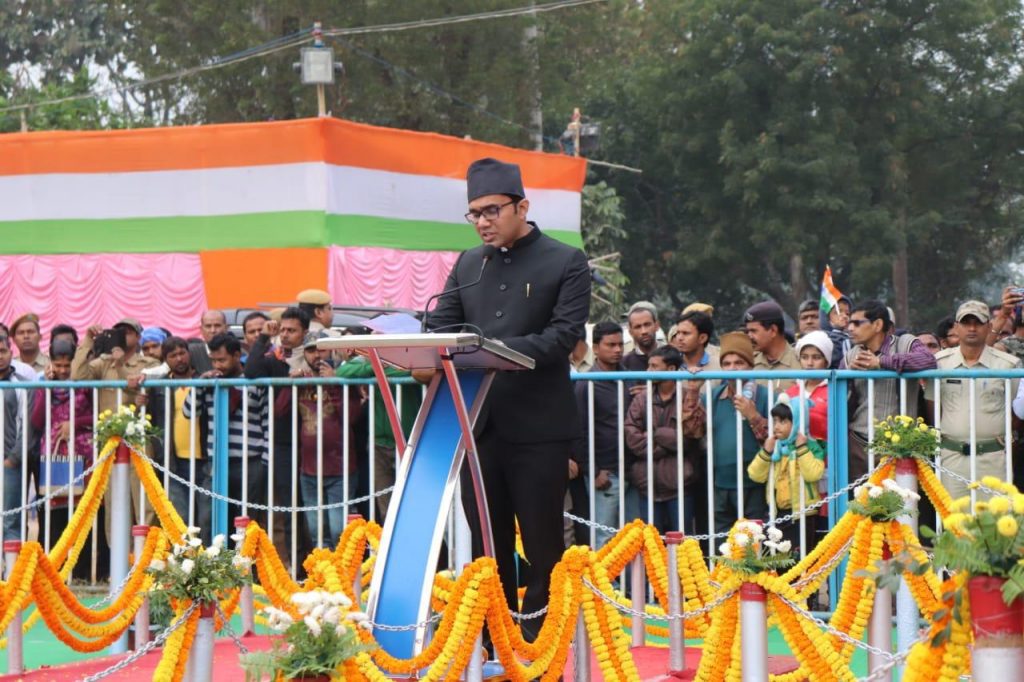
His decision was not born out of dissatisfaction with his work. “It wasn’t that the work was not interesting or challenging,” he clarifies. Instead, it was a yearning for new experiences, a desire to “see the world from a different angle.” So, at a juncture when most would consider themselves firmly rooted in their career, he embarked on a path less travelled – leaving the prestigious IAS to explore the private sector.
MODERN TRENDS
However, Mr. Srivastava’s story is not simply one of individual ambition. It reflects a growing trend in today’s dynamic world, where the idea of a singular, lifelong career path is increasingly becoming an outdated concept. He points out that “change after 16 years… is a long time, but it’s a difficult decision.” But, he sees this reinvention as crucial for maintaining a sense of purpose and excitement.
“Have you looked at a child and noticed the twinkle in their eye whenever they see a new thing?” he asked Indian Masterminds. “Reinvention is important because it gives the drive going,” he said. He argues that while comfortable familiarity has its place, stepping outside one’s comfort zone can reignite the “vigour, challenges, and the twinkle in the eye.”
CHALLENGES
His transition wasn’t without its challenges. Leaving the structure and social standing associated with the IAS required a significant mental shift. “Being an IAS is a lifestyle,” he acknowledges. But he sees this initial discomfort as a valuable learning experience, similar to navigating a new city or country. Adapting to new systems, hierarchies, and expectations helped him understand the private sector from the inside out.
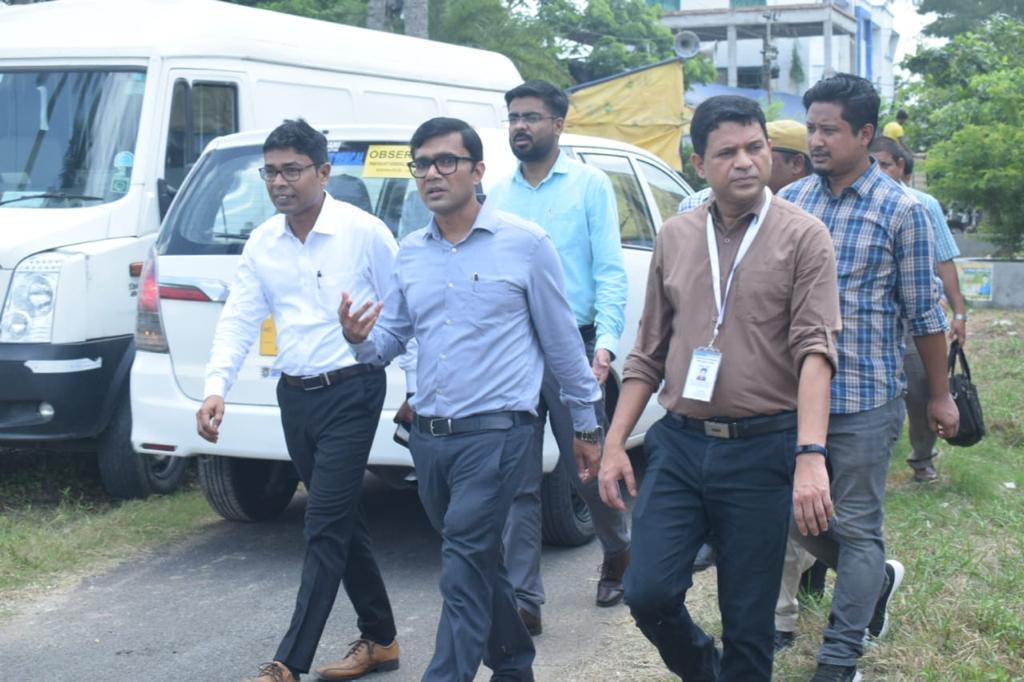
He says that his background as an IAS officer proved to be an asset in his new role. His diverse experience in policymaking, project execution, and stakeholder management offered a unique perspective to his work. He explains, “The world is the same, but we intersect in multiple areas. Most intersections would be with the government.” His past experience allowed him to bridge this gap and foster better communication and collaboration between the public and private sectors.
PROJECTS AS AN IAS OFFICER
Looking back, Mr. Srivastava reflects on his achievements in the IAS with a sense of satisfaction. During his tenure as District Magistrate of Darjeeling, he spearheaded a successful “No Smoking” initiative, significantly reducing tobacco consumption in public spaces and schools. “I initially thought that it may not work, but, to my surprise, it received a lot of support,” Mr. Srivastava shared.
When he was in Bardhaman, he endeavoured to enhance the quality of schools. Mr. Srivastava and his team visited the schools, provided mentorship, engaged with teachers, stakeholders, and parents, and observed the serving of the mid-day meal. Through these efforts, he noticed an improvement in the educational attention and capabilities among the children.
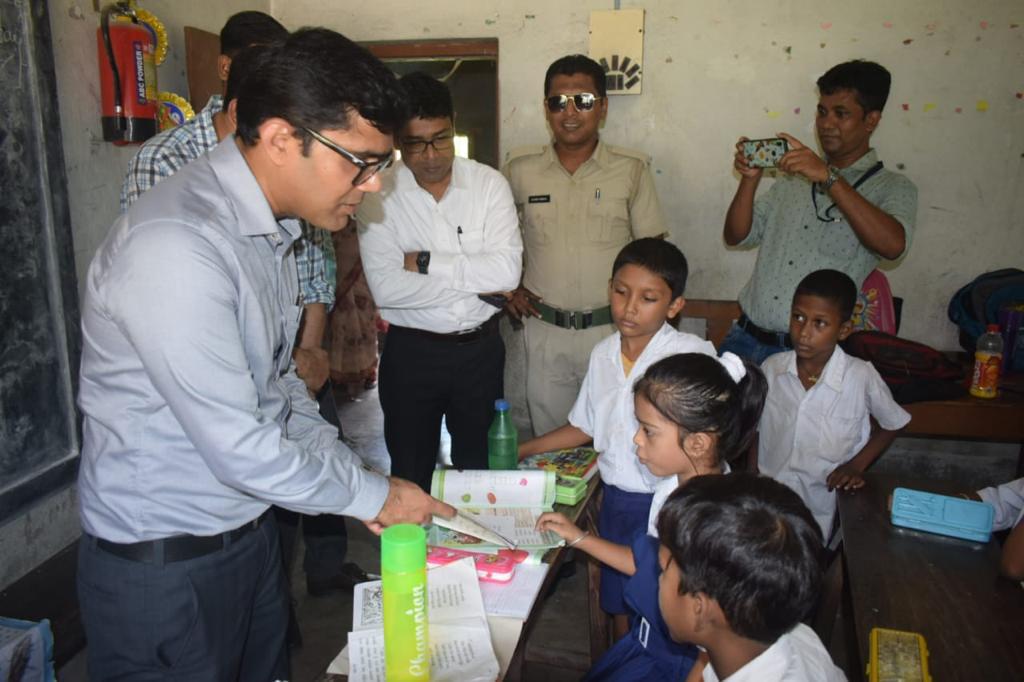
“We facilitated online or offline coaching for talented students aiming for engineering and medical studies. Additionally, offered support beyond school hours to students requiring extra assistance,” the officer shared.
Mr. Srivastava’s journey proves that reinvention isn’t about abandoning the past, but, rather, leveraging it to build a more fulfilling future. Ultimately, it’s about embracing the “twinkle in the eye” and discovering the endless possibilities that lie beyond the comfort zone.



